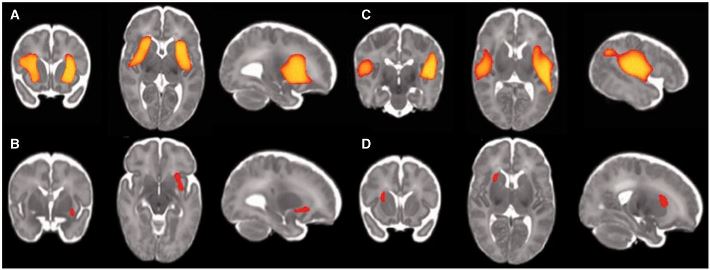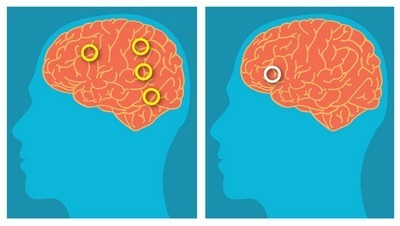Posts Tagged ‘school’
Three Ss to reduce the stress of “homeschooling” our kids: Simplify, Structure, Support
With nationwide school closures in effect, many parents are now monitoring homeschooling while at the same time trying to make a living in the midst of an economic crisis. In this environment of broken routine and uncertainty, chances are your child is showing big feelings and challenging behaviors. In my work as a school psychologist,…
Read MoreStudy: Neonatal MRI scans of preterm children can help predict cognitive and academic problems, and guide early interventions
Predicting future cognition in preterm children with MRI (Oxford University Press blog): “In the wake of the development of advanced neonatal intensive medical care, more and more children born preterm manage to beat the previously tough odds…While this is one of the success stories of modern medicine, long-term follow-up of premature-born pediatric cohorts show that…Many children…
Read MoreIn the Age of Google, Should Schools Teach Memorization Skills?
As school is about to resume, people are reminded of their strong opinions about how to fix schools: more funding, better teachers, less government interference, more government interference, etc. But the one obvious, and never-stated problem, is that students don’t remember what they are taught. In spite of all the “teaching to the test” that…
Read MoreThe 2012 SharpBrains Virtual Summit Continues…
“Third time’s the charm”…this is being our best Summit, content and technology-wise, so THANK YOU to all participants for excellent talks, questions and discussions last week. We hope you enjoyed the sessions as much as we did! Please remember that the SharpBrains Virtual Summit continues this week:
Read MoreStudy: Dyslexia not related to intelligence. Implications for discrepancy model?
NIH-funded study finds dyslexia not tied to IQ (NIH press release): — “Regardless of high or low overall scores on an IQ test, children with dyslexia show similar patterns of brain activity, according to researchers supported by the National Institutes of Health. The results call into question the discrepancy model — the practice of classifying…
Read MoreDeveloping self-regulation at school
Excellent article in the New York Times on learning, self-regulation and executive fuunctions: The School Issue: Preschool: Can the Right Kinds of Play Teach Self-Control? (New York Times) — “Over the last few years, a new buzz phrase has emerged among scholars and scientists who study early-childhood development, a phrase that sounds more as if it…
Read More


